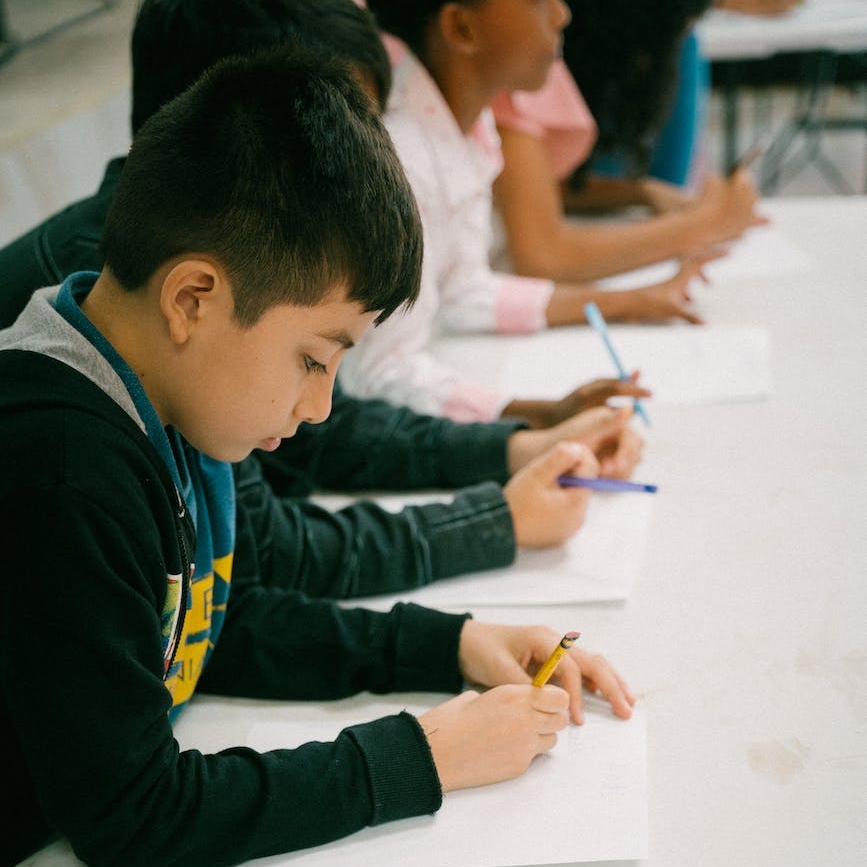Imagine a classroom not confined by four walls, where textbooks whisper theories on talking paper but vibrant experiences roar with practical application in working space.

This is the essence of experiential learning, a transformative approach that moves beyond traditional education and plunges students into the real world, where knowledge comes alive and leaves a lasting impact.
Traditional education, for all its merits, often suffers from a disconnect between theory and practice. Students devour facts and formulas, but struggle to translate them into tangible skills and solutions. Experiential learning bridges this gap, immersing the learners in projects, simulations and real-world challenges that resonate with their passions and prepare them for the complexities they will face outside the classroom.
Why Experiential Learning Matters
The benefits of experiential learning are diverse and profound. Here are just a few:
- Deeper Understanding
- Enhanced Skill Development
- Increased Motivation and Engagement
- Real-World Relevance
- Boosted Confidence and Self-Efficacy
By actively engaging with concepts through hands-on experiences, students develop a deeper and more meaningful understanding of the material. This knowledge isn’t just memorized, it’s internalized and readily applied to real-world scenarios.
Experiential learning fosters the development of essential skills like critical thinking, problem-solving, communication and collaboration. Students learn to think on their feet, adapt to challenges, and work effectively with others. These motor skills are crucial for success in any field.
Traditional lectures with high motivation and hard instruction can often feel passive and disconnected. Experiential learning, on the other hand, is intrinsically processing knowledge transfer. Students are actively involved in their learning, which leads to higher engagement, enthusiasm and a sense of ownership over their educational journey.
Experiential learning connects academic concepts and knowledge transfer to real-world problems and challenges. Students see the practical applications of their learning and brainpage development, making them more invested in their learnography and preparing them for future careers.
Successfully navigating real-world challenges builds confidence and self-efficacy in students. They learn to trust their abilities, take risks and overcome obstacles, fostering a growth mindset that will serve them well throughout their lives.
Latest Posts
- Future of Education: Addressing the 15,000-Hour Listening Problem with Learnography
- Does the School of Knowledge Transfer Run on the Science of Knowledge Transfer?
- Enhancing Student Performance: Implementing the Taxshila Model in Brainpage Schools
- Brainpage Schools: Integrating Knowledge and Application for Future Success
- Brainpage School: Taxshila Model Revolutionizing Education Through Scientific Learnography


Leave a comment